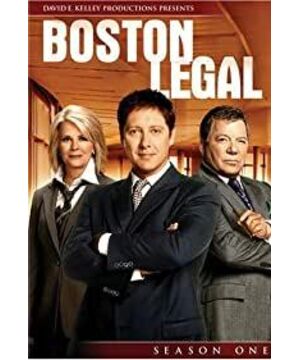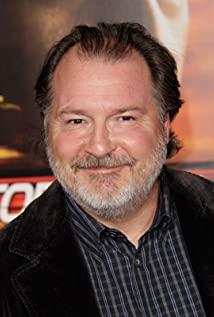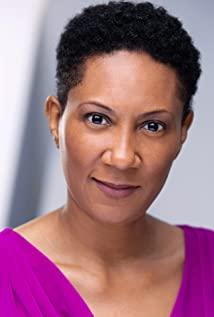As for death, I don't actually fear it, and even sometimes desire it. Maybe no one will believe it, but, indeed, in some cases, life is better than death. Good death and living, I must choose the former. Maybe others will say that it is only because I am healthy and young (relatively speaking) that I have such a detached attitude and make such a rash decision. Yes, I can't come up with definite evidence to refute, and I don't want to make a pointless refutation. However, today, having said goodbye to the youth of flying and escaping, I still firmly believe that quality is absolutely more important than quantity, and the same is true in life.
After reading a lot of movies and books, I have encountered Alzheimer's dementia many times, from "The Notebook", to "Boston Law", to the recently Oscar-winning "Blooming Flowers", and of course, there are other terminal illnesses, such as Jodi Piccot The cancer in the "Mercy" of "Mercy" is all based on this background, discussing the emotional plight of the patient's family members in it, difficult choices such as "mercy killing" and the social repercussions triggered by it. In the circumstances, he wanted to find his own position and answer, and finally found that, like many things in life, there was no solution.
The debates about the right to live, the dignity of life, the freedom of death, etc. are really protracted, endless, endless, and there is no right or wrong, and it is far from being as simple as black and white. It only cares what role you are. , what position do you stand, what angle do you start from, what do you care about, what kind of feeling do you hold, what kind of motive do you have, these, together, lead to what you think What you think determines what you say and do.
What is human? What is the ultimate act of love and kind? What is the profound love? What is unselfishness? What is mercy? What is moral? What is live? What is death? Can we choose how to live and how to die ? Can the one we love and the one love us choose death on behalf of us? On what condition it is? Just why, do we have to have a standardized standard answer? Could we possibly have? Should we have? Should it?
View more about Boston Legal reviews











